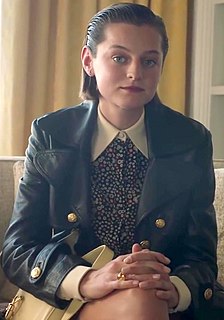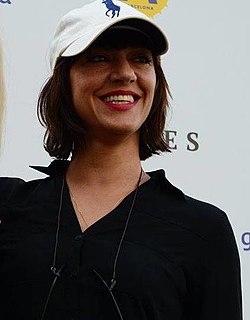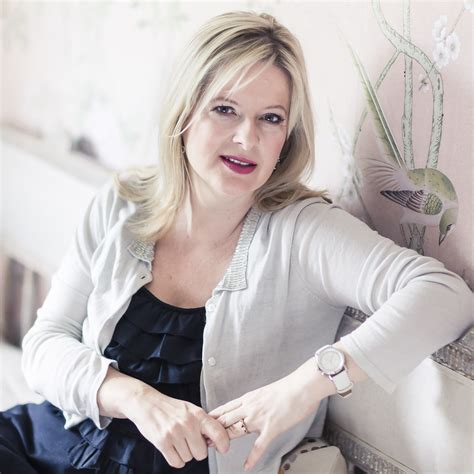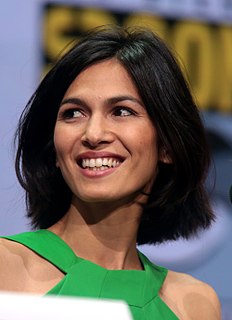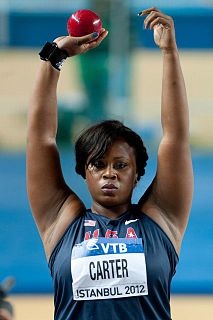A Quote by Emma Corrin
Just because I've played this character doesn't mean I have any understanding of what Diana was like, at all. Although I'd want to say she was incredible, I understand I also have no authority to say that.
Related Quotes
"Aren't you frightened?" Somehow I expected her to say no, to say something wise like a grownup would, or to explain that we can't presume to understand the Lord's plan. She looked away. "Yes," she finally said, "I'm frightened all the time." "Then why don't you act like it?" "I do. I just do it in private." "Because you don't trust me?" "No," she said, "because I know you're frightened, too."
Transcendentalism is, we might say, an early form of anarchism. The Transcendentalists also did not call themselves anarchists, but there are anarchist ideas in their thinking and in their literature. They were all suspicious of authority. We might say that the Transcendentalism played a role in creating an atmosphere of skepticism towards authority, towards government.
I don't personally do that many castings. But I did get involved in "The Bad Batch," because we couldn't think of an actress that was a 3-D embodiment of the character. But when I saw Suki Waterhouse on tape, I knew she was 'it.' And I can't describe that any more than to say that I never had to really express to her the the ideas that were on the page, she just instinctively embraced it. She was Arlen, and I didn't want to f**k it up. Her instinct was just it.
I love you, Eliza,” I said. She thought about it. “No,” she said at last, “I don’t like it.” “Why not?” I said. “It’s as though you were pointing a gun at my head,” she said. “It’s just a way of getting somebody to say something they probably don’t mean. What else can I say, or anybody say, but, ‘I love you, too’?
Jean-Luc didn't like me to say any bad words in real life, and I would always do it on purpose, just for fun. And he would go crazy! Then he had Brigitte Bardot do just that in 'Contempt.' And in that film she also has this line - 'I want red velvet curtains, or nothing at all in the apartment' - which was something I would always say.
